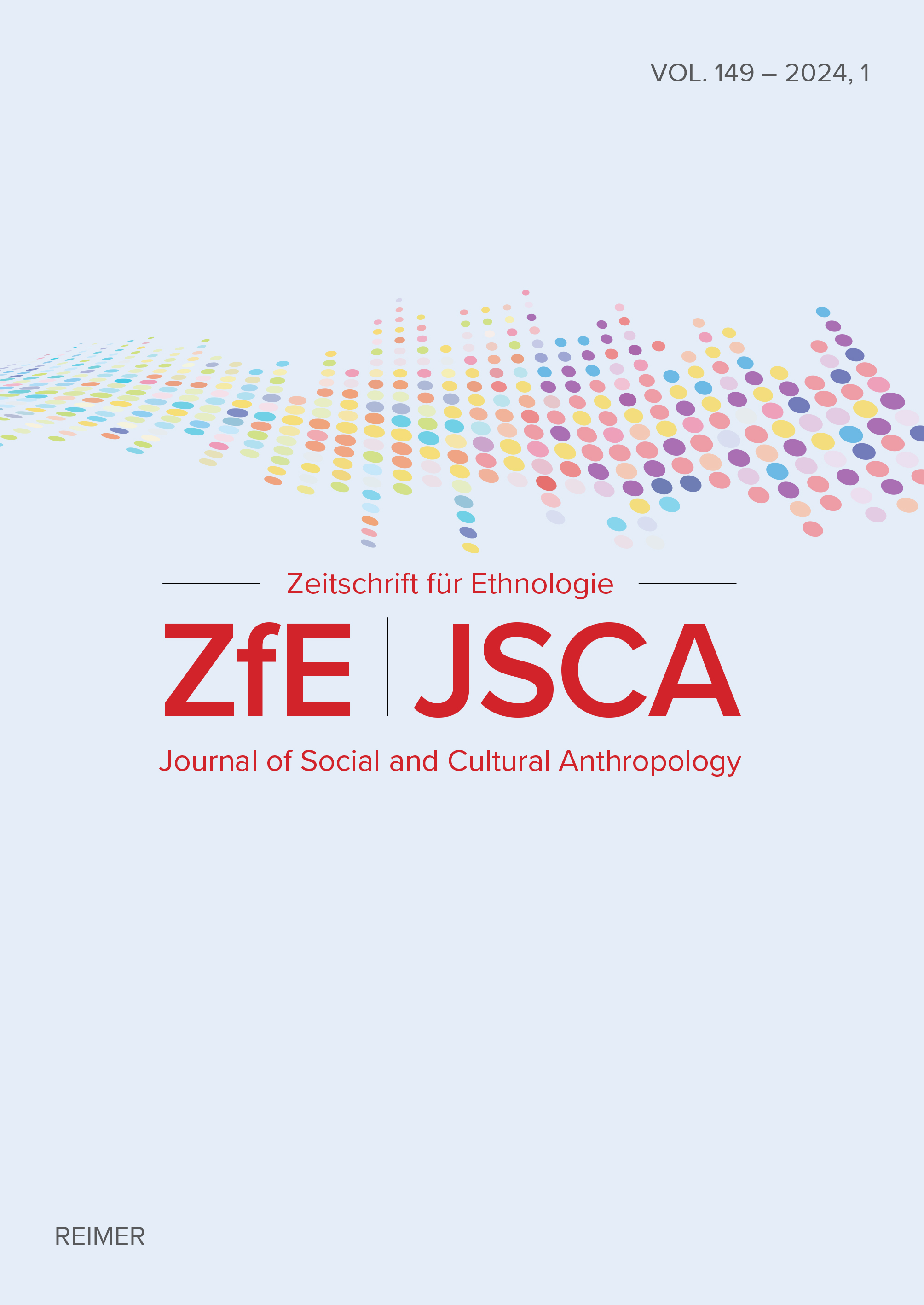Population in Fragments: Inclusion, Risk, and the Anticipatory Universality of Postcolonial Genomics
Main Article Content
Abstract
In recent years, genomic medicine has invited critical attention for its potential to include diverse population groups and therefore expand the clinical relevance of global genome databases in diagnosing diseases. Population geneticists across the Global South demand being included in this process by translating their national populations into geneticized fragments that move back and forth between laboratories, databases and sites of diagnosis and care. Taking the case of postcolonial India, this article explores how the scientific universality of genomics becomes contested, only to produce an ‘anticipatory universality’ oriented towards public-health futures. Drawing on Ruha Benjamin’s concept of ‘postcolonial genomics’, my argument is three-fold. First, I critique analyses that have explained population genetic studies in India as an exercise in fostering nationalism, showing instead that geneticists are increasingly interested not in the ‘Indian’ population as a whole, but rather in its ‘fragments’. Second, through a case study of the Lambadas in Telangana, I show how the material formation of these fragments highlights the limits of genomic universality, where the haplotype is treated as the ultimate fact in tracing both ancestry and disease risk. Third, I argue that it is partly due to the financial dependence of postcolonial geneticists on state bureaucracies that they enact an ‘anticipatory universality’ for genomics, which, even if severely limited and often harmful in the present, promises to be universally applicable in the future.
Article Details

This work is licensed under a Creative Commons Attribution-NonCommercial-NoDerivatives 4.0 International License.

